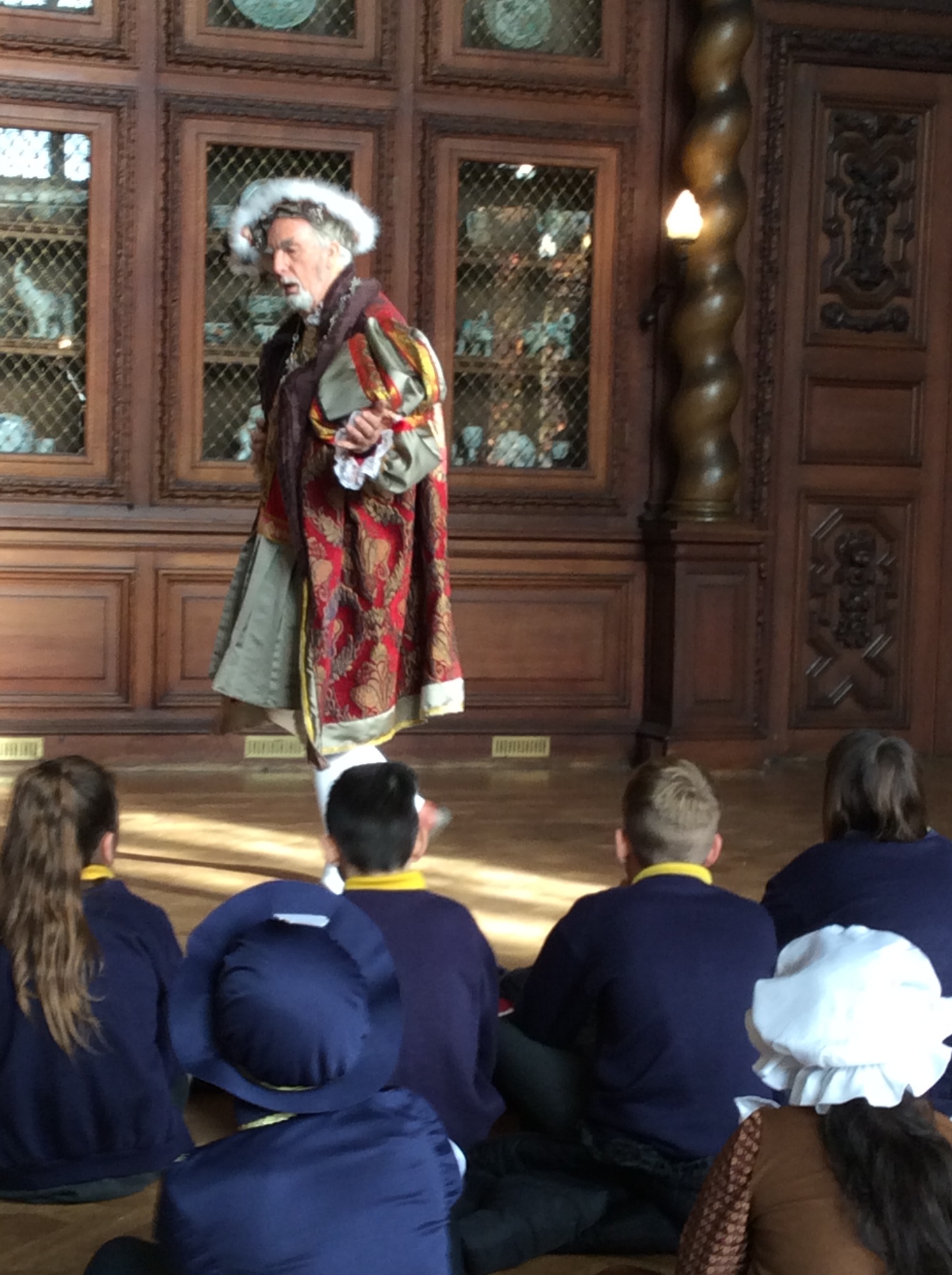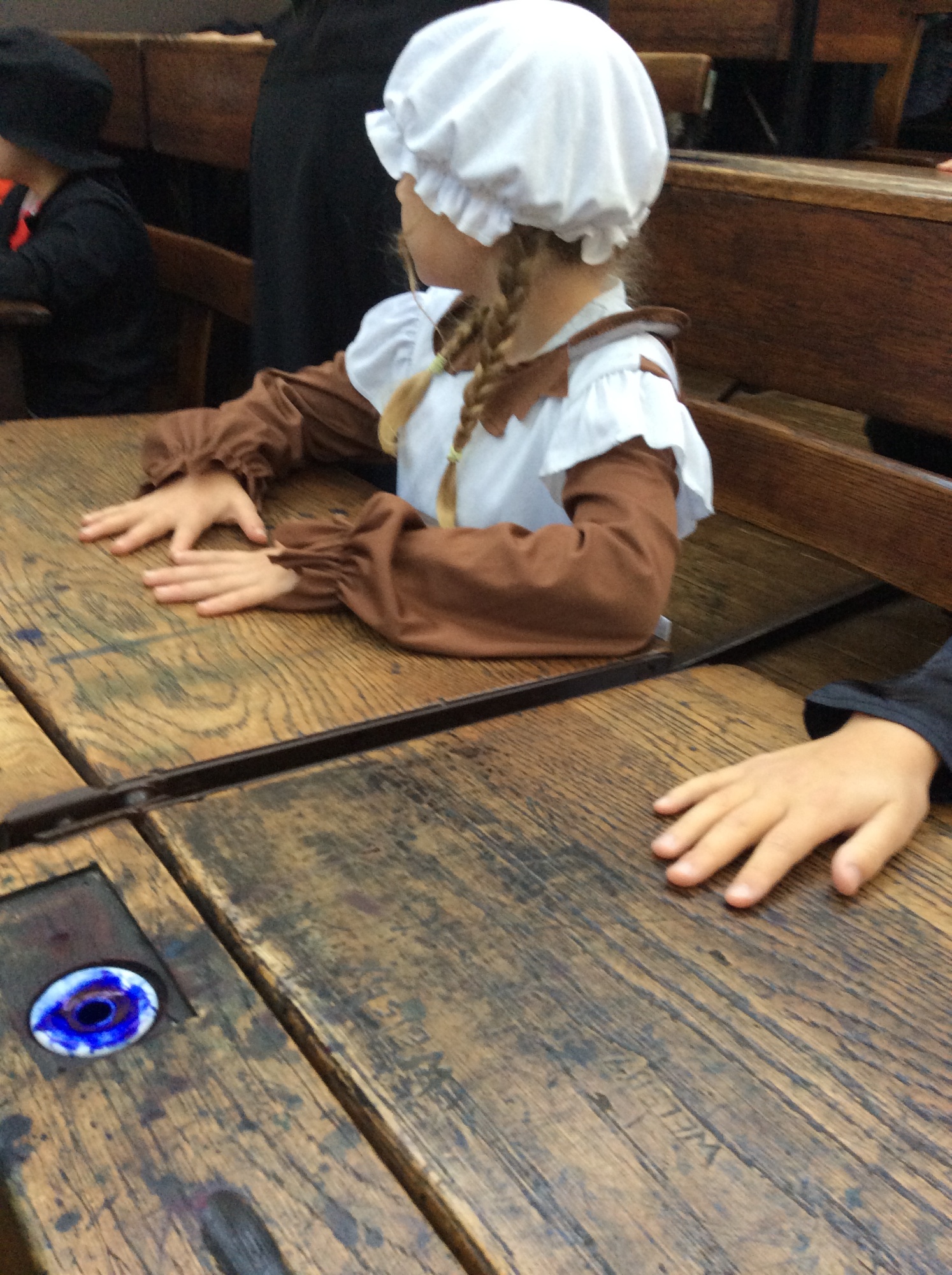Humanities
Intent
The Pinchmill Primary School knowledge rich history curriculum that is a careful sequence of lessons to help teachers ensure that they have progressively covered the skills, key knowledge and vocabulary required in the National Curriculum. Children leave Pinchmill Primary with a secure understanding of chronology; both in Britain and the wider world. Through carefully planned, progressive lessons, pupils are taught about the significance of different historical periods, key historical figures and how History has influenced their lives today. Our intention is that children learn both about History and from History, adopting a curiosity and awareness of how History has been interpreted by different people at different times. Through our history curriculum aim to develop historical skills and concepts that are transferable to whatever period of history is being studied and will equip children for future learning. These key historical skills and concepts, which are revisited throughout the different study areas.
These are:
- Investigate and interpret the past – this concept involves understanding that our understanding of the past comes from an interpretation of the evidence (artefacts)
- Build an overview of world history – this concept involves an appreciation of the characteristic features of the past and an understanding that life is different for different sections of society (settlements, beliefs, culture and pastimes, location, food and farming, travel and exploration, conflict, society)
- Understand chronology – this concept involves an understanding of how to chart the passing of time and how some aspects of history studied were happening at similar times in different places (main events)
Through the study of historical evidence and through exploring their local area, pupils will develop a deep understanding of the rich History of their locality. Perhaps more poignantly, pupils will leave our school aware of today’s challenges and how they will be viewed historically in later years



